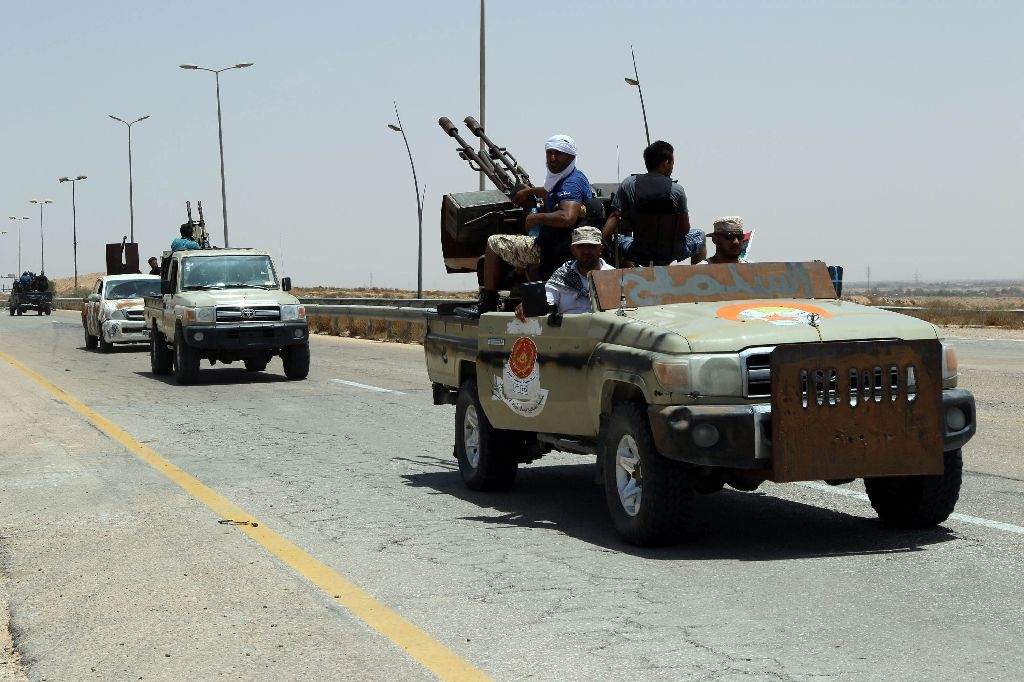Cairo – Political strife has escalated in Libya after Speaker Aguila Saleh called on Prime Minister of Government of National Accord (GNA) Fayez al-Sarraj to step down.
Saleh told Libya News Agency (LANA) that decisions issued by the presidential council of Sarraj are void and asked Sarraj to step down from his post. Saleh denied the rumors that the parliament had given Sarraj a third chance to present a new government line-up. He noted that a member of the parliament had in vain made such a suggestion.
Saleh confirmed that the new cabinet members should be chosen through a deal among the nine members of the presidential council in line with the agreement signed in Morocco last year. He added that the CVs of the members should be sent within 10 to 15 days in what is considered the last chance for this council.
Saleh was dissatisfied that Sarraj allegedly continues to violate the constitution and any political agreement.
The speaker criticized head of U.N. delegation Martin Kobler for his support for the violations of the presidential council. He stressed that Kobler wants to be the governor of Libya and interfere in oil sales, choosing the high commander of the army and consequently increasing the division among the country’s different factions. He accused Kobler of disrespecting the will of the parliament.
Saleh believes “Kobler can no longer play a positive role in Libya,” and suggests that Arab members should be involved to ensure a neutral balance.
“The support granted to Sarraj is illegitimate. The international community should stop its interference in the Libyan affairs,” he added.
Ali al-Qatrani, boycotting member of the Sarraj government, said that he will not participate in any meeting of the council if it was not held in a Libyan city under the control of the police and the army.
Qatrani issued a statement on Saturday expressing his fear that armed forces might continue to have political powers especially in the Barka area. He also expressed surprise that the presidential council moved from Tunisia to Tripoli even though the agreement states that this should happen once the armed forces had left the capital.
Western countries are hinging on Sarraj’s government as the best choice to deal with the political chaos and economic turmoil in the country since the collapse of Muammar Gaddafi’s regime five years ago.
The Libyan factions signed a U.N.-brokered agreement to form a national unity government last December. But the government failed to win the approval of the parliament. The presidential council declared it will send a list of new ministers to the parliament.
Meanwhile, forces loyal to Libya’s unity government have suffered heavy casualties as they push into the last two areas of Sirte held by ISIS. The forces announced on its Facebook page that 18 of its members were killed and 20 others injured in the coastal city.
Sirte was seized by ISIS in February 2015 and pro-government forces launched an operation in May to retake the city.
